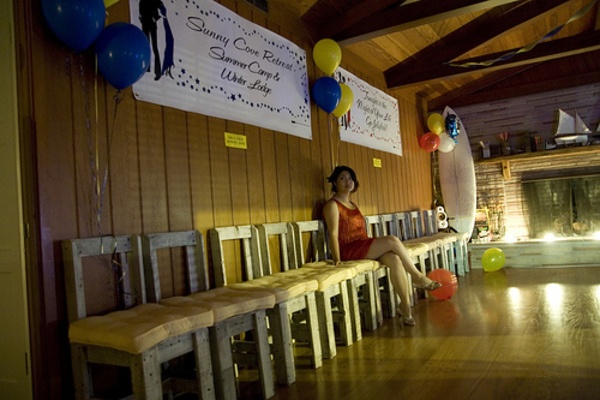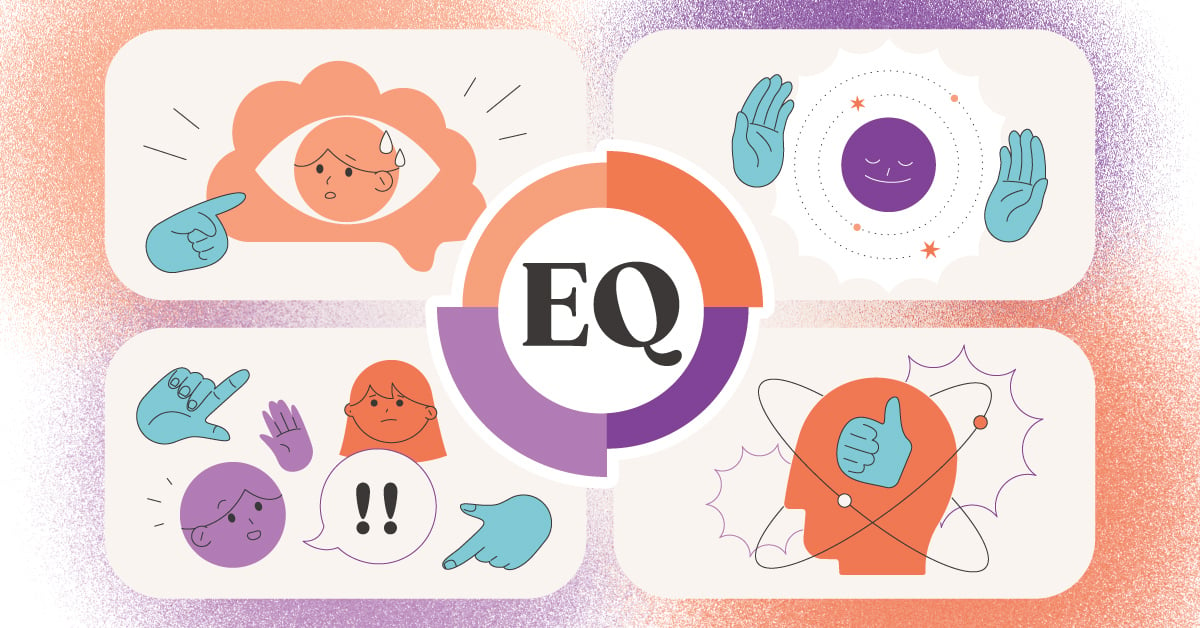
Soft Skill Development is Perfected With Age
Here’s a revelation that should shock those who believe younger employees in the workplace are more valuable than more seasoned employees.
Soft skills are completely age-related. The only way our brains can develop and fine-tune these highly desired traits is by practicing and applying them over and over. Therefore, when it comes to soft skills, older employees win. They’ve simply had more time and experience to perfect their soft skills.
This concept is contrary to many widely held beliefs and practices today in corporate America. Businesses, as a majority, tend to favor youth in the workplace while unfairly discriminating against older individuals.
Evidence points to this trend rising. For example, according to the U.S. Equal Employment Opportunity Commission, there were 15,785 age discrimination filings in 1997. In 2014, there were 20,588.
But if the bias is against older workers, American businesses have it backwards. Soft skills in the workplace — such as leadership, teamwork and conceptual thinking — are 100 percent dependent on experience.
We know from our research that soft skills are not curriculum-based and instead learned and strengthened in the workplace.
Over the years, business leaders have come to value soft skills over hard skills learned in the classroom. As they should; they are much better predictors of success in an organization than education or hard skills.
Soft skills are critical for an employee to develop, and they can only do so through experience, most of the time in the workplace. For example, leadership can’t be learned through a textbook; instead, a leadership-based mindset has to be exercised like a muscle.
With a societal bias against older workers, we are missing a big opportunity — to leverage the soft skills built over time and practiced by more seasoned workers.
Younger workers who haven’t learned soft skills yet, or have only focused on developing hard skills in the classroom, are like wallflowers. They’ll never learn to dance by watching; instead, it’s about jumping in, practicing, maybe fumbling, and eventually perfecting.
Less seasoned workers can, however, seek to build their soft skills by doing. This includes volunteering for challenging projects, finding opportunities to lead, or working with a mentor to help coach them on how to develop into a leader.



